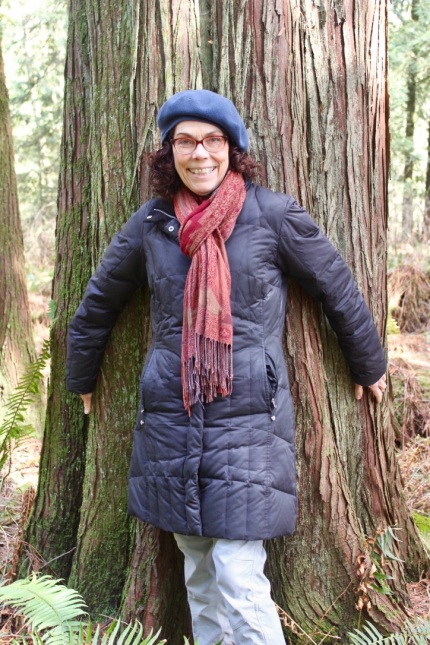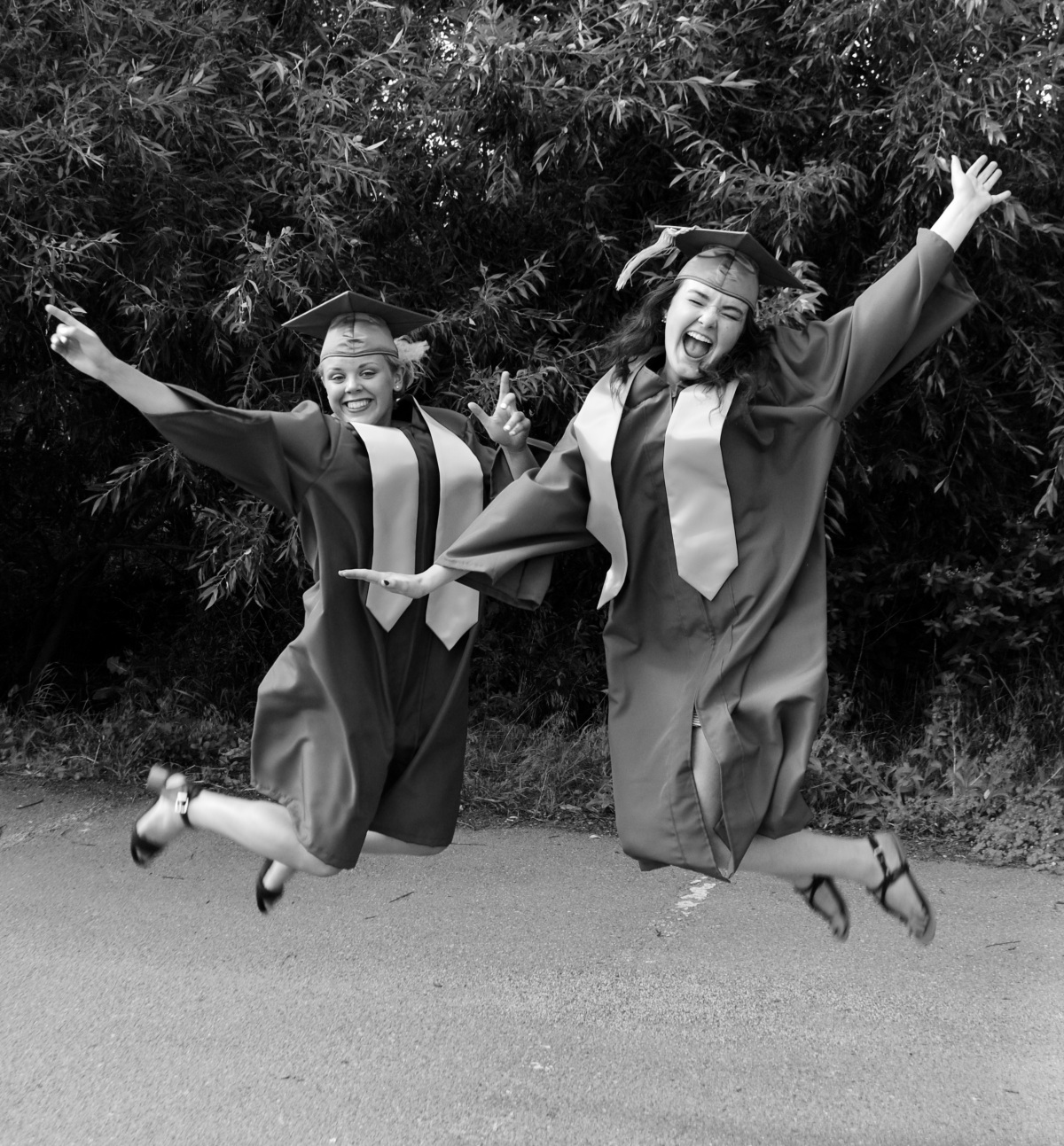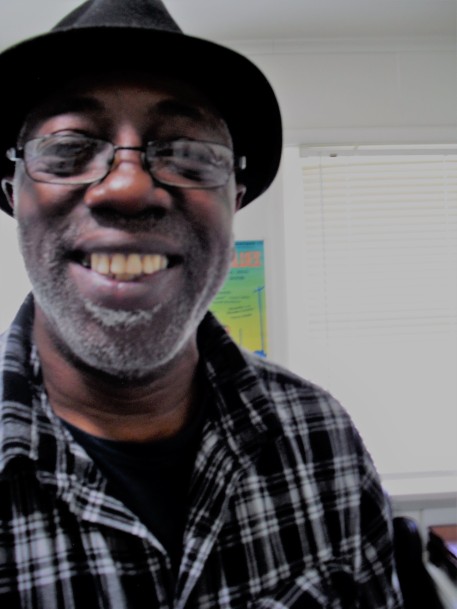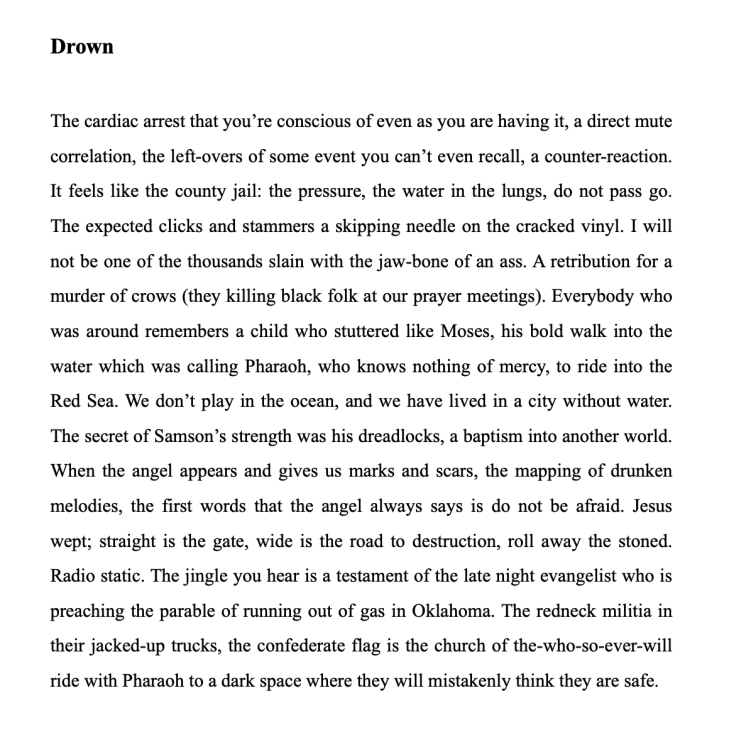
I’m excited to introduce you to Susan McCaslin, who says she can often be found walking along the Fraser River or among local forests outside historic Fort Langley, BC.
You can learn more about Susan at her website. A wide representation of Susan’s poems from her various volumes of poetry can be found in Into the Open: Poems New & Selected (Toronto: Inanna Publications, 2017).
Welcome, Susan. Interestingly, a forest is what first drew me to you, through your poetic activism “Han Shan Project” in which you put out a call to poets to assist in saving the greater part of what was then called McLellan Forest East and is now the Blaauw Eco Forest in Langley from development. And it worked! Over a two-week period, you received over 250 poems from across Canada (mine included), and then you, your husband and other invested souls gently tied the poems in the trees, raising awareness that led to a private donor (Mrs. Anne Blaauw) stepping forward with the funding needed to save this ancient ecosystem. What power poetry carries within.
What a joy to sit (virtually) with you this morning, Susan, and to introduce you to my blog community, Buddy Breathing.
Lesley-Anne: We often say we wish we had more time for certain things. Are you spending your time differently in view of our current world challenges? If so, how?
Susan: The current pandemic in its strange and deadly way has forced me to reflect on time. What is it? How does it relate to what I was taught as a child about eternity, which by definition is timeless? Isn’t it hazardous to ourselves and our planet to live out a dualism that separates time and eternity? How many of the details of our lives do we retain as we move through the cycles of planetary life, and how much do we eventually shed like a flaked-off skin when we die? What aspects of our consciousness survive death? What, for that matter, is death, and how are death and rebirth bound together in the cosmic scheme of things? We are certainly more than our ego envelope, the small self, the outer shell. Yet aren’t these temporal, idiosyncratic aspects of ourselves, even our masks and socially constructed selves, important too? I have an intuition that the part of us that lives in and though love will continue to evolve in mysterious ways. I am an introvert who needs inter-connection. I have developed a capacity to distance from the world around me when the going gets tough, to escape “elsewhere,” sometimes into worlds of thought and imagination. For me, thinking, dreaming, feeling, and being present in my body are not separate, but an interplay of faculties. So, I affirm and embrace embodiment, incarnation. Yet I must confess that, like most people at this time, I’m experiencing fear and flitting from one unfinished project to another.
So, to return to Lesley-Anne’s question, “How do I spend my time differently during the pandemic? I find myself pausing from our collective ride on the “progress machine” by taking long walks. The Anna’s hummingbird sipping from our feeder holds me spellbound. I am transfixed by flocks of Canada geese and the elegant curved necks of great blue herons nesting nearby. I walk each day with Rosie, my canine companion. Like so many others, I try to reach out to friends and neighbours who might need a hand or a “check in.” Because I’ve been “retired” from teaching English Lit. since 2007 and am turning 73 soon, being alone a good part of the time, writing, reading, thinking, have constituted much of life. Therefore, my days aren’t as drastically changed as they are for many others. For the opportunity to reflect, I feel privileged and enormously grateful.
Lesley-Anne: Why is poetry/art important?
Susan: Poetry and art aren’t frills or embellishments to ordinary life. They aren’t an elitist endeavor intended only for a few, but essential to our common psychological health and spiritual survival. Poetry and art have been present from the beginnings of human life on earth. The Paleolithic drawings and imprints on the walls of caves in Lascaux and other places in the world suggest our early ancestors opened themselves to vaster worlds, the earthy, planetary and cosmological realms where trees, deer, and our fellow creatures are deeply interconnected. Women, men, and children cooperated to imprint art in the depths of caves, participating in a mysterious cosmic ritual, a visual enactment of the interplay of all things. My sense is that everyone has within them this potential to engage a vaster, more inclusive sphere of being, and that poetry, because of its oral/aural origins, is akin to music, enacting a dance between the known and the unknown, speech and silence.
Lesley-Anne: What is one surprising thing that happened today?
Susan: A dear friend of mind and fellow poet, Antoinette Voute Roeder, contacted me by email to remind me of a book I had read several years ago by the poet Stanley Kunitz (in cooperation with Genine Lentine),The Wild Braid, in which he discusses the relation of gardening and poetry:
“The poem is not just language; it is in itself an incarnation …. When I’m reading Hopkins aloud, I feel I am actually occupying his selfhood and speaking out of it, not simply reciting the words, but somehow merging into his bloodstream and nervous system.”
During my daily walks during the pandemic, I sometimes reflect on how reading a poem invites union with the consciousness of the poet who wrote it, and also becomes for the co-creator, the reader or hearer, a mini-re-enactment of the presences and processes that inspired the poem. A poem so received can become a reservoir of healing and regeneration. It lives. This is what makes poetry at its best what my friend Antoinette calls “a sacred art.”
Lesley-Anne: We are in for a very special treat today in the form of your newly completed poem “Corona Corona.” You describe it as “a “crown” or corona of sonnets in which the last line of each poem becomes the first line of the next, and the last line of the last sonnet is the same or similar to the first line of the sequence. I have kept the 14-lines, but am using free verse rather than the traditional rhyme and metre.” What a delight, thank you so much.
And as we go out carried by the lines of your insightful and poignant poem, I wish everyone safe shelter and enough peace for the moment.
Lesley-Anne
Corona Corona
What kind of crown bears death?
What kind of queen hefts quarantine?
You’re not even alive,
just a spikey shell
unaware of the damage wreaked.
Our economies forged dark streams,
pathways for your kind of havoc.
We check our devices
listen to the newscasts
watch our Netflicks flicker
hunker in the void
co-avoiding physical contact,
incarnate and encapsulated
dreaming new modes of being.
Dreaming new modes of being
I wonder why I’m addressing you.
You’re just one of many sub-streams –
Sars, Spanish flu, Bubonic Plague.
We sit with storytellers, re-configure
Boccacio’s Decameron, clutch Julian of Norwich’s
Revelations of Divine Love, ponder Dicken’s
“It was the best of times, it was the worst of times,”
self-isolate with Camus’ Plague,
knowing nothing’s new under the sun.
Stranded in para-doxology, we give thanks for
this contemplative pause
from compulsory progress, Gaia’s chance
to take a breath as the wild creatures return.
Taking a breath as the wild creatures return,
we peer through the global membrane,
ears cupped to a hermit thrush’s spiraling song
held in the arc of a great blue heron’s flight.
When poems interweave
with light and dark they sing, stranded
between lament and praise
thanksgiving and trembling,
our vast unknowing graced by love,
small acts of compassion,
heartwork of the justice imagination,
prayers for collective transfiguration.
Can we uncrown ourselves as lords of creation,
since heavy crowns bear death, not regeneration?







































































